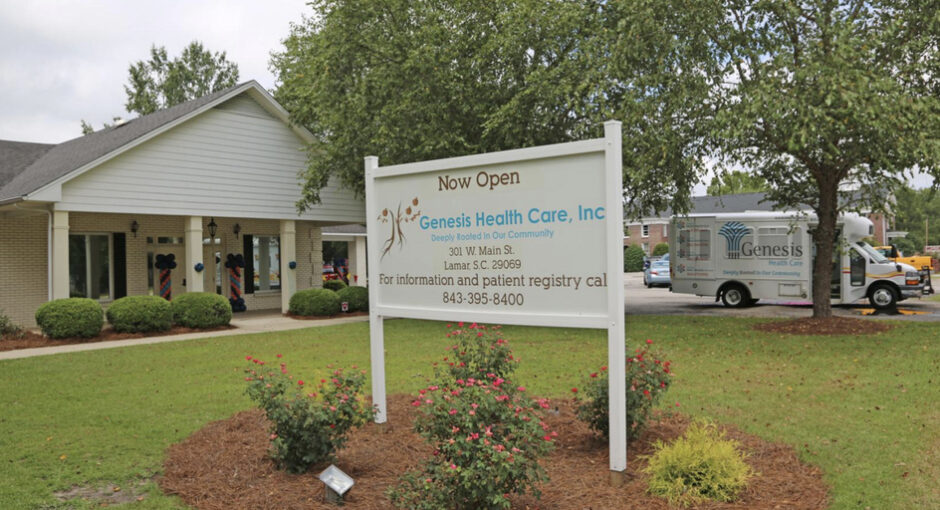Lawyers for federal healthcare officials told a federal district court yesterday that the government opposes a South Carolina health center’s efforts to have the longstanding 340B program definition of patient declared illegal.
In papers filed Sept. 22 in federal district court in Florence, S.C., U.S. Health and Human Services (HHS) Secretary Xavier Becerra, Health Resources and Services Administration (HRSA) Administrator Carole Johnson, and Office of Pharmacy Affairs (OPA) Director Emeka Egwim said the health center, Genesis Health Care, is entitled to no relief on its 340B-related claims against them or their agencies.
Genesis wants the court to declare that:
- the only statutory requirement for 340B eligibility of a person is that the person be a patient of a covered entity
- the plain meaning of the wording of the 340B statute requires that any prescription from any source is available to a patient of a covered entity
- HRSA interpretations of or guidance on the 340B statute’s prohibition on resale of drugs to a person who is not a patient of the entity are unlawful and unenforceable.
A federal court decision invalidating the 340B patient definition would cause a tectonic shift in the drug discount program. Issued by HRSA in 340B program guidance in 1996, the patient definition says an individual is a patient for 340B purposes only if:
- the covered entity has established a relationship with the individual, such that the covered entity maintains records of the individual’s health care; and
- the individual receives health care services from a health care professional who is either employed by the covered entity or provides health care under contractual or other arrangements (e.g. referral for consultation) such that responsibility for the care provided remains with the covered entity; and
- with respect to grantee entities, the individual receives a health care service or range of services from the covered entity which is consistent with the service or range of services for which grant funding or federally-qualified health center look-alike status has been provided to the entity.
The definition says that HRSA does not deem an individual a patient of a covered entity if the only health care service the individual gets from the covered entity is the dispensing of a drug or drugs for subsequent self-administration or administration in the home setting.
The definition also says individuals registered in a state-operated or funded AIDS Drug Assistance Program (ADAP) that receives federal Ryan White funding are considered patients of the participant ADAP if so registered as eligible by the state program.
A federal appeals court ruled in July that Genesis had the right to challenge the legality of the government’s 340B patient definition in federal district court.
Genesis’ lawsuit caused HRSA in fall 2019 to stop issuing adverse audit findings based solely on noncompliance with 340B program guidance.
The federal district judge assigned to the case issued a series of scheduling orders yesterday indicating a jury trial will be held on or after Aug. 3, 2023.


